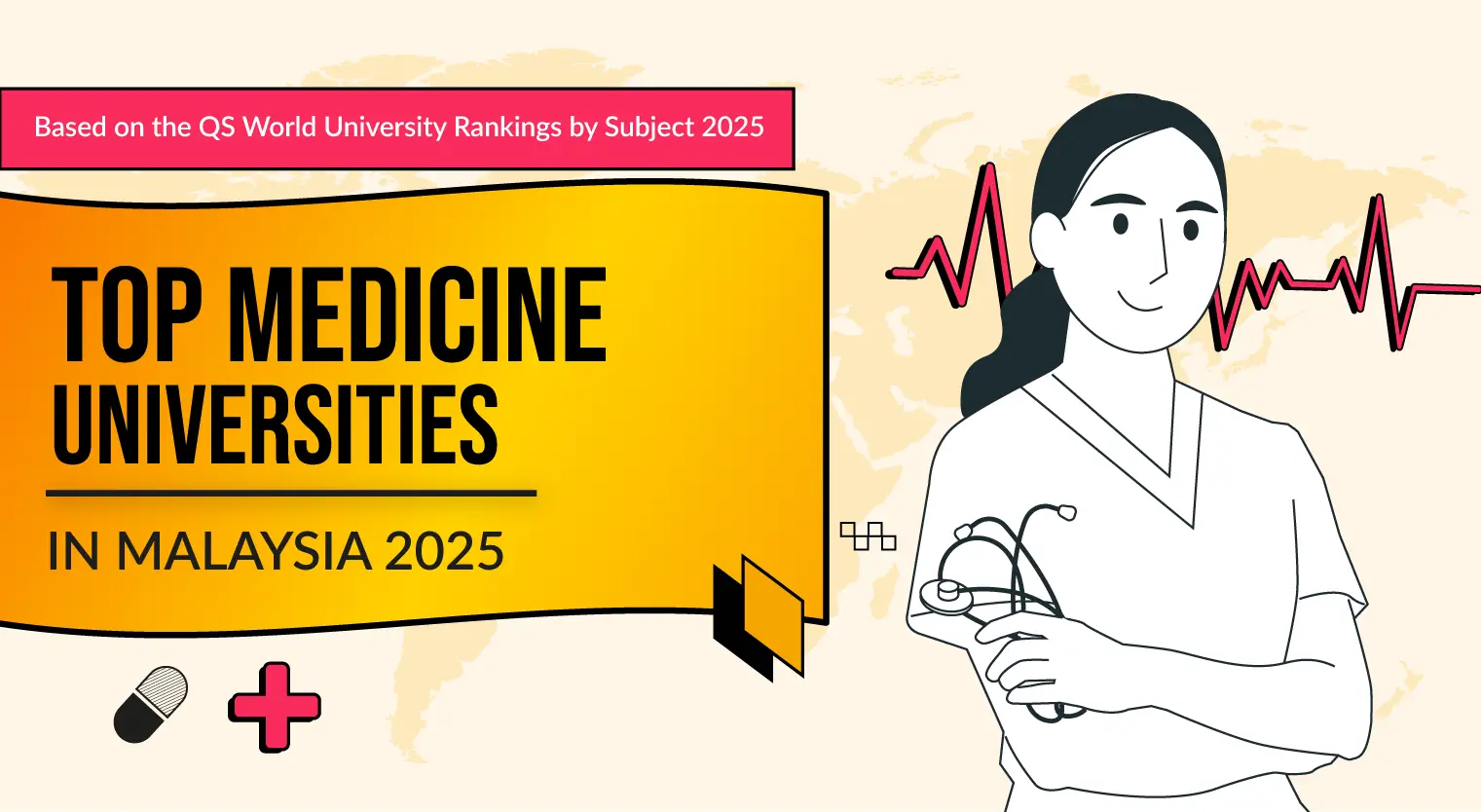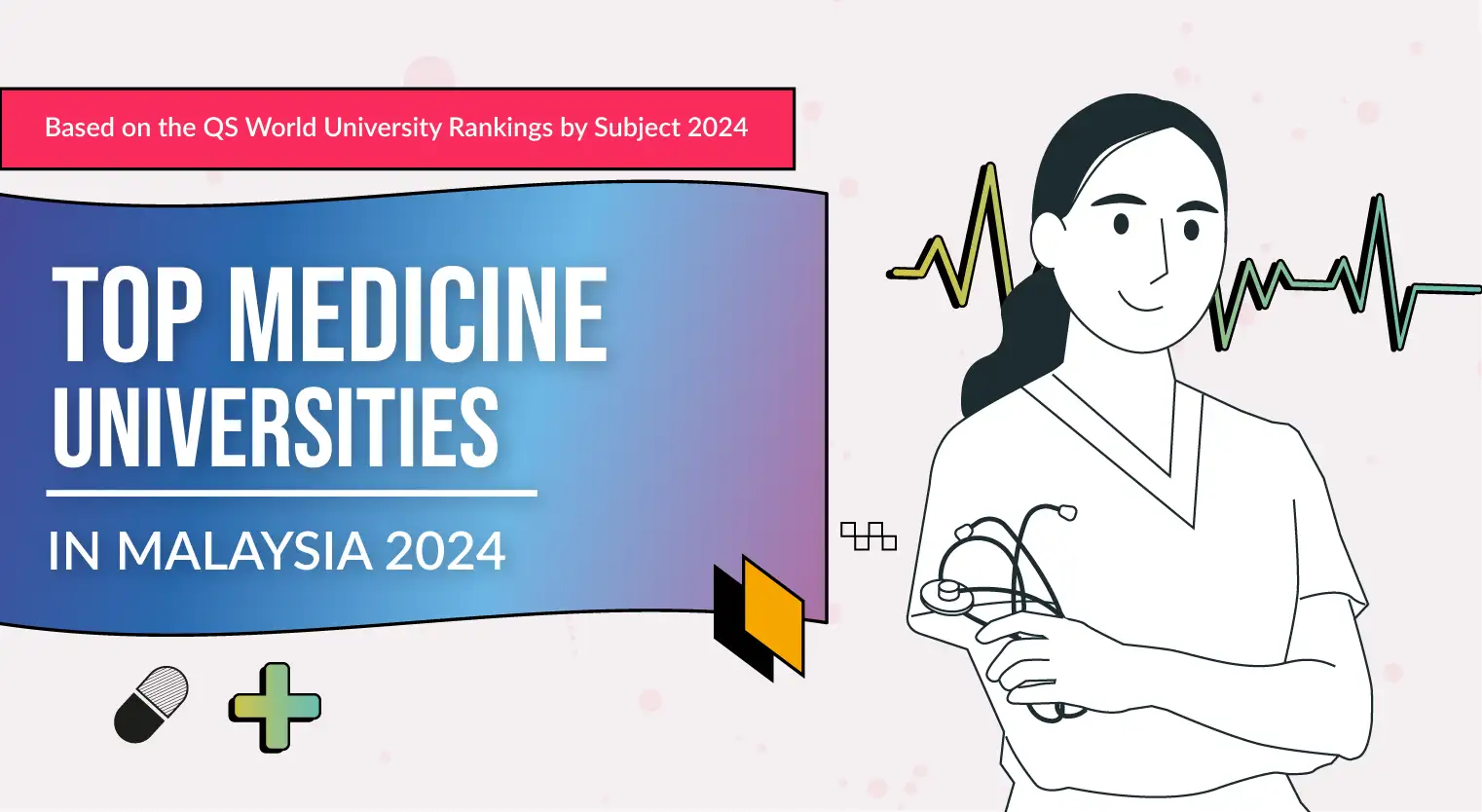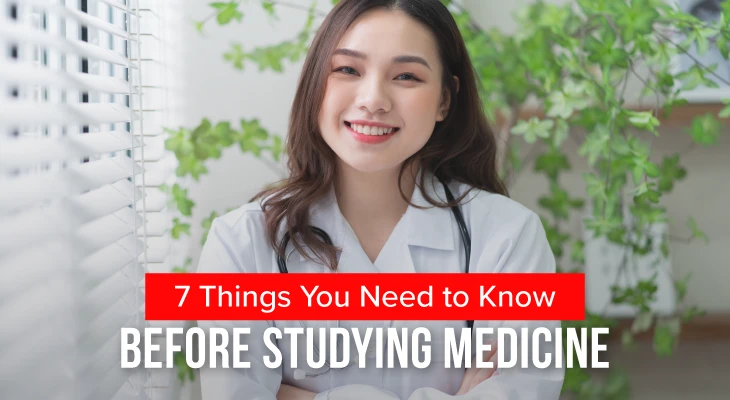5 Dangerous Misconceptions About Health Fads and Your Body
Does detox tea really work? Here are some truths about some health misconceptions you may have heard.
Updated 23 Feb 2022
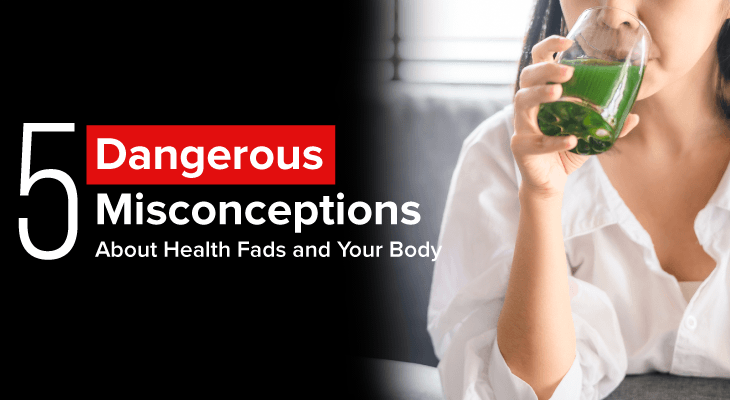
Thinking of going on a diet because your BMI says you’re overweight? Do you even know what you’re really talking about?
There are so many misconceptions about our health. While not all of us are doctors, it’s still important that we take note of these misconceptions about health fads and our bodies.
Here are 5 things we may have misunderstood about our body and health.
#1. Your BMI shows you if you’re healthy or not
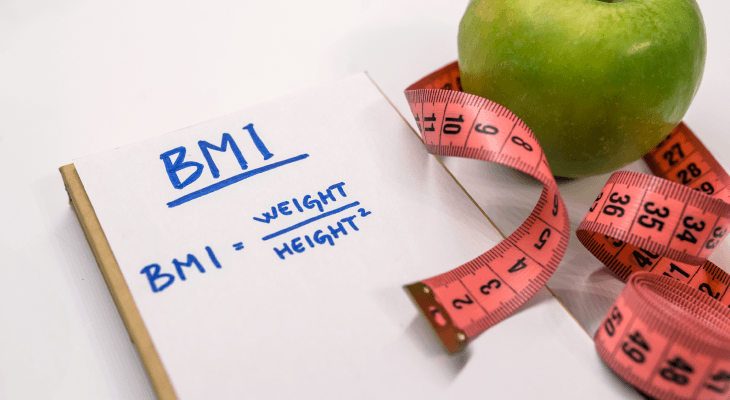
Fact: BMI is a useful measure but it is not truly indicative of your health
The system is simple — you take your weight in kilograms and divide it by your height in metres squared. Then, you’re put into one of these four categories — underweight (<18.5), normal (18.5 - 24.9), overweight (25 - 29.9) and clinically obese (>30).
The problem is BMI (or body mass index) doesn’t take into account the body’s composition. The simplistic calculation means that it doesn’t differentiate between muscle and fat. So, an athlete could easily fall under the overweight class due to a higher lean body mass even though their very lifestyle requires that they stay healthy and within the “normal” range.
BMI has long been used as a yardstick for your health but it’s time to look at things more holistically. Instead, scientists and doctors suggest using measurements like the waist:height ratio or the skin caliper tests.
#2. Vitamin supplements are necessary for good health
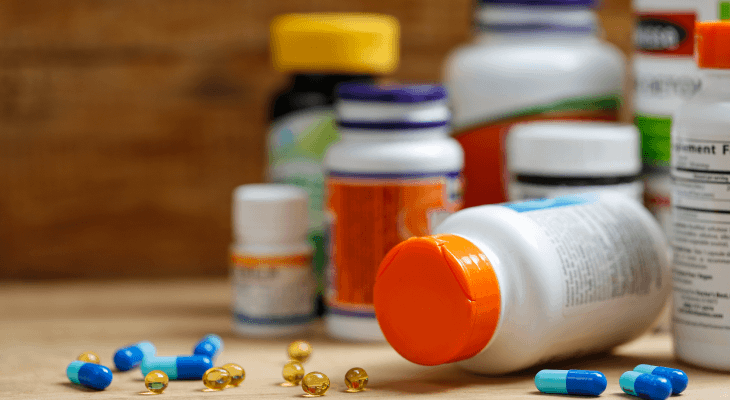
Fact: Vitamin supplements can be a waste of money
This is probably going to give you a shock but you don’t actually need vitamin supplements. It’s not because these supplements are dangerous (though there are some with dubious content) — it’s because these supplements don’t really do anything.
While studies have shown that nutrients from whole foods can prevent a wide range of chronic diseases, the health benefits for supplements have shown to be inconsistent, weak and at times, have no effect. In fact, vitamin E and beta-carotene supplements can actually be dangerous, especially when taken in high doses.
Certain groups of people such as pregnant women, vegetarians and the elderly could benefit from supplements as they are more at risk for nutritional deficiencies. But for most healthy people, you’re better off spending the money on a healthy meal instead.
#3. Skin-whitening products are safe for consumption
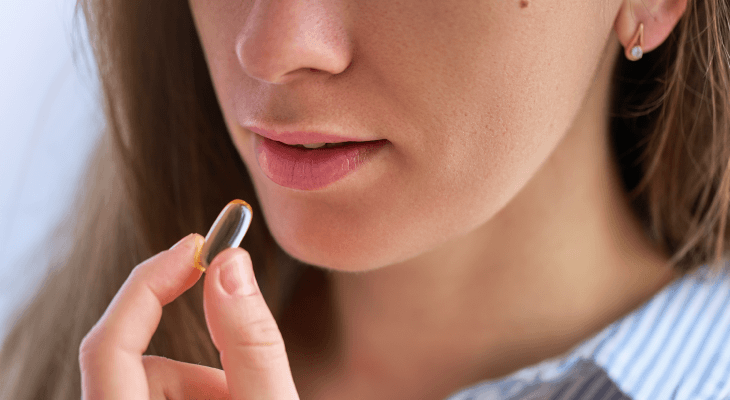
Fact: Skin-whitening products can be fatal
For a long time now, we’ve been bombarded with the idea that fair skin is attractive. This is not only inaccurate (beauty is, after all, subjective) but also dangerous as it has led many to turn to beauty products to whiten their skin.
The problem with this is that the skin-whitening industry is not strictly regulated which means that companies can get away with using dangerous chemicals to unnaturally bleach the skin. These chemicals can cause harm to your kidney and nervous system as well as lead to health complications like blood poisoning and cancer.
Some people are just born with darker skin but that does not mean they are less beautiful. Is it really worth risking your health just to get a few shades lighter?
Apply for university with EduAdvisor
Secure scholarships and more when you apply to any of our 100+ partner universities.
Start now#4. Detox tea helps you filter out the toxins
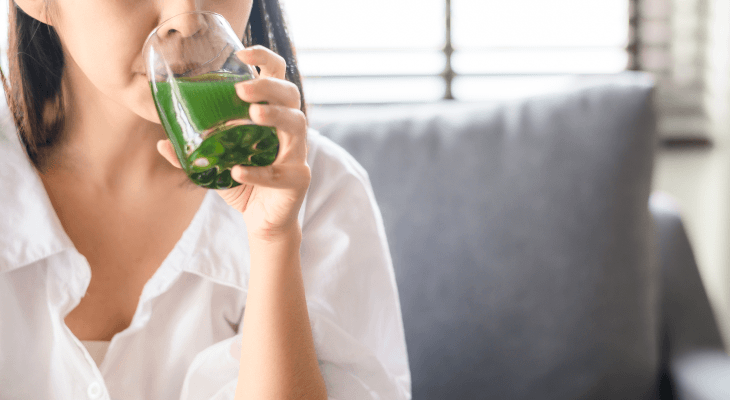
Fact: You don’t need detox tea
In a way, detox tea does help to flush things away. But it’s not what you think.
Most detox tea products are made from a type of laxative, a medicine that stimulates bowel movements to make it easier for you to excrete stool. Taken in moderation, the product poses no problem. But when you start sipping your detox tea every day, this can lead to an overconsumption of laxatives, which could cause diarrhoea and dehydration. So you’re not really flushing toxins away — it’s mostly water.
In addition, some detox teas contain powerful herbs. They may sound more “natural” but in reality, some herbs can contain naturally-occurring organic toxins that could cause liver and kidney failure. In fact, there have been reports of people experiencing liver failure and neurological symptoms and seizures due to detox teas.
The truth is that you don’t need detox tea. Your body is already doing a good job of detoxing itself with the help of filtering organs such as your kidney and liver.

#5. Diets are the most effective way to lose weight
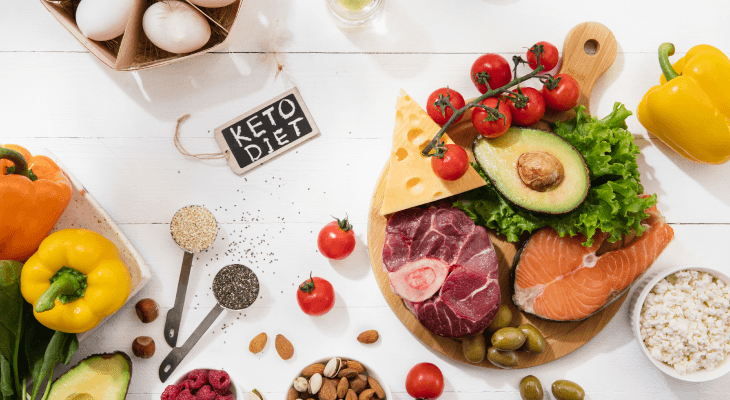
Fact: Diets work for weight loss, until they don’t
Ketogenic, paleo and intermittent fasting — there are so many types of diet plans out there. With so many to choose from, there are bound to be some that can help you with weight loss, right?
Well, not exactly. While most diets do help with initial weight loss, it’s often for the short-term. This is because as your body adjusts to the new diet and you start losing weight, your metabolism (the rate at which you can burn calories) slows down. Basically, when you eat less, your body burns calories slower, making it easier to gain weight again.
However, this doesn’t mean you should stop dieting completely. In fact, a good diet can still help you maintain the ideal weight in the long run if you pair it up with a healthy lifestyle. With good nutrition, exercise and plenty of rest, you won’t just be keeping weight off but also feel healthier and more energetic.
We can’t blame you. Even our schools have used the BMI system for physical checkups. What’s important is that you now know the truth. Now that you’ve learned about these misconceptions, hopefully, you won’t fall for them anymore.



